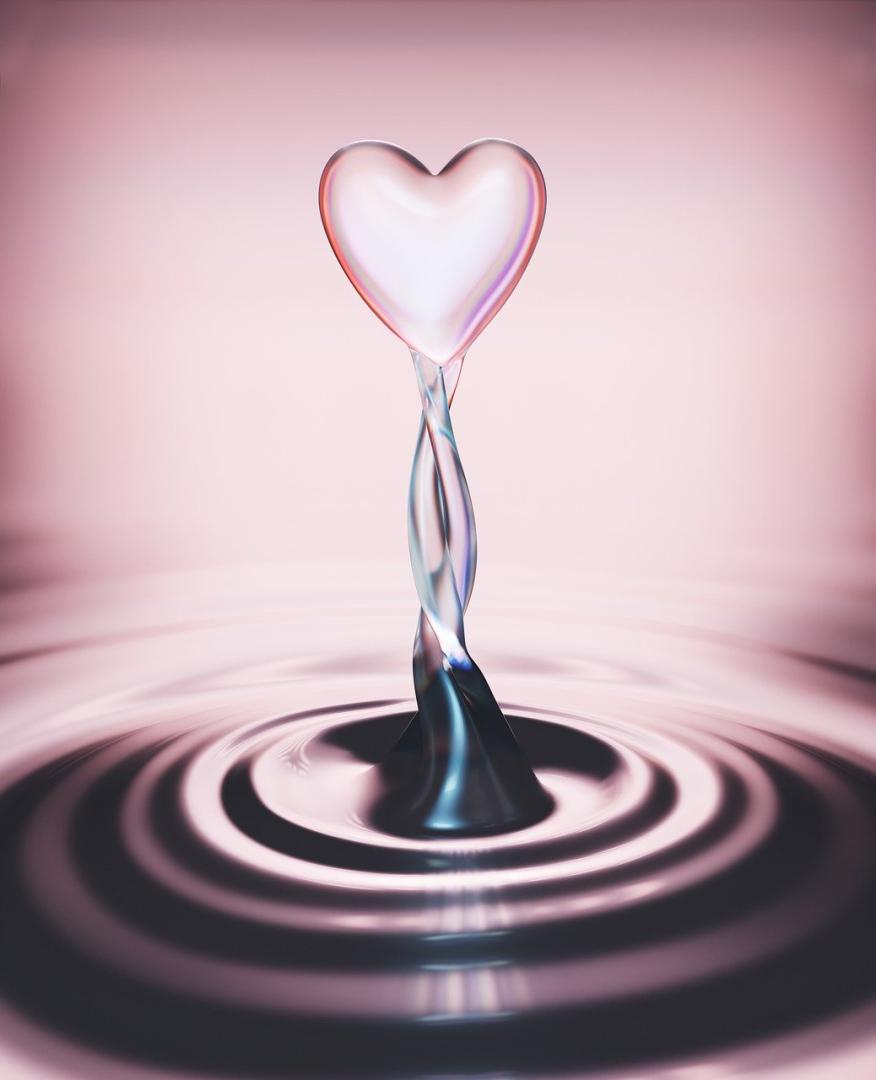Romance is a powerful force. From novels to movies, we are often captivated by the idea of the “perfect love story.” However, in reality, romance can sometimes take a dark turn. For some, it can manifest as a behavior pattern that closely resembles addictive tendencies, which can negatively impact both the relationship and personal well-being.
One of the phenomena researchers have studied in this context is “love addiction,” a condition where individuals become overly dependent on their romantic relationships. Just like other types of addiction, this can have significant consequences for emotional health, relational stability, and even overall life satisfaction.
But what factors increase the risk of developing love addiction? A recent study exploring young adult college students offers some valuable insights into the link between certain psychological patterns and unhealthy romantic behaviors.
- Attachment Styles: Fearful Attachment and Love Addiction
A crucial factor in love addiction is attachment style. Attachment theory, developed by John Bowlby, highlights how early relationships with caregivers shape our ability to form healthy emotional connections throughout life. According to research, individuals with a fearful attachment style are particularly at risk for love addiction.
Fearful attachment is characterized by a negative view of both oneself and others, creating an internal conflict between the desire for intimacy and the fear of rejection or hurt. This attachment style is linked to high levels of anxiety and avoidance in relationships, both of which can interfere with emotional regulation and lead to dependency on a partner to feel secure.
Research supports that individuals with this attachment style often experience chronic relationship dissatisfaction and emotional instability. Fearful attachment can lead to a cycle of seeking validation and reassurance from partners, which, in turn, fuels emotional dependence and the potential for love addiction (Shaver et al., 2005).
- Separation Anxiety and Emotional Dependency
One of the key emotional drivers of love addiction is separation anxiety, which frequently arises in individuals with fearful attachment. Those with this style are often plagued by low self-esteem and a pervasive fear of abandonment. These insecurities can lead to an unhealthy need to rely on external sources, such as a romantic partner, to regulate emotions and manage distress.
Studies have shown that individuals who fear abandonment are more likely to engage in clinging behaviors and seek out relationships where they feel emotionally validated, even at the expense of their well-being. This emotional dependence can create a toxic cycle where one becomes overly reliant on a partner for emotional stability, ultimately hindering personal growth and relational health (Mikulincer & Shaver, 2019).
- Defense Mechanisms and Emotional Avoidance
Another significant factor influencing love addiction is the use of maladaptive defense mechanisms. Fearful attachment often leads individuals to suppress or avoid painful emotions. Instead of confronting vulnerability or processing difficult feelings, they may turn to their partner as a means of distraction or emotional regulation.
For example, individuals with fearful attachment may engage in avoidant coping strategies, such as shutting down emotionally or withdrawing from the relationship when faced with discomfort. This emotional avoidance only perpetuates the anxiety and fear of rejection, further entrenching the addictive cycle within the relationship (Diamond et al., 2011).
Are You at Risk?
Reflecting on these three factors—attachment style, separation anxiety, and defense mechanisms—can help you better understand the dynamics of your romantic relationships. If you find yourself constantly seeking reassurance from a partner, fearing abandonment, or suppressing your emotions to avoid conflict, it may be worth considering the possibility of love addiction.
Ultimately, the key to breaking free from this pattern lies in self-awareness and addressing underlying emotional issues. If you suspect that love addiction is affecting your relationship, seeking help from a therapist who specializes in attachment and relationship dynamics could be an essential step toward healthier, more fulfilling romantic connections.
References:
- Shaver, P. R., & Mikulincer, M. (2005). Attachment theory and research: Restructuring the study of self-regulation. Journal of Personality and Social Psychology, 89(1), 63-75.
- Mikulincer, M., & Shaver, P. R. (2019). Attachment in adulthood: Structure, dynamics, and change. Guilford Press.
- Diamond, L. M., et al. (2011). Emotion regulation and the experience of love and attachment in relationships. Emotion Review, 3(1), 17-28.



